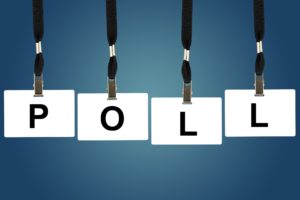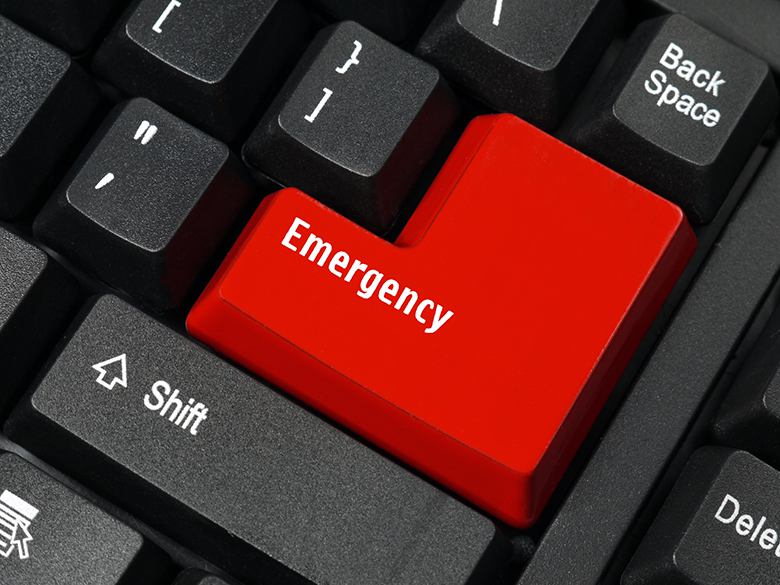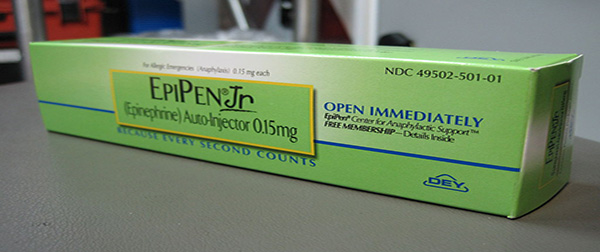by Gabriel Levitt, President, PharmacyChecker.com and Prescription Justice | Sep 30, 2016 | Advocacy, Drug Prices, Policy, Politics

What Americans think about drug prices…
A new poll by Kaiser Family Foundation found that 44 million Americans find it difficult to afford medication. Also, 77% of Americans believe drug prices are unreasonable, up from 72% last year. On the other hand, most Americans did not have trouble affording their medications. Of the 55% of Americans who take medication, 73% say they can afford them, 26% say that its’ difficult. (I’m not sure why that doesn’t round to 100%).
Overwhelming majorities of Americans support policies, legislative reforms in most cases, to bring down prescription drug prices and have access lower cost medications from Canada. The most popular policy would be forcing pharmaceutical companies to be transparent about their pricing of medication. The next two most favored policies are allowing Medicare to negotiate drug prices and expanding personal importation of lower cost medication from Canada.
The Kaiser Poll was a nationally representative random survey of 1204 adults living in the U.S. Public and voter opinions on drug prices are just one part of the survey, albeit the main one: but the poll also covers voter opinions and data about health insurance generally, Obamacare, premiums, and deductibles.
The Kaiser Poll has very interesting political analyses relating to how a person will vote in the upcoming presidential election and the candidates’ positions on prescription drug costs and other healthcare issues. If interested, the positions of Hillary Clinton and Donald Trump are summed up on the blog of Prescription Justice. Both Clinton and Trump support expanding access to lower cost imported medications through personal importation, but Clinton has a much more ambitious plan, which is very much congruous with public opinion among Democratic and Republican voters.
Tagged with: Kaiser, poll
by Gabriel Levitt, President, PharmacyChecker.com and Prescription Justice | Sep 23, 2016 | Drug Prices

In a Congressional hearing by the House Committee on Oversight and Government Reform earlier this week, lawmakers articulated their disgust and moral outrage at the CEO of Mylan Pharmaceuticals, Heather Bresch for increasing the cost of Epipen from $100 in 2009 to over $600 today. Another target of scorn, mostly by Republicans, was an FDA representative who had the pleasure of sitting next to Ms. Bresch. He was grilled because of the backlog of generic drug applications yet to be approved. If the FDA would just move faster in approving medications competition in the marketplace would work – so the argument goes. Blah, blah, blah. In my Letter to the Editor of the NYT three weeks ago I wrote:
Stories about kids without EpiPen will be the focus of congressional inquiries, replete with the requisite Big Pharma bashing with tirades about drug company greed. It was just a year ago that Congress bashed Turing Pharmaceuticals’ overnight increase of the drug Daraprim from $13.50 to $750 per pill. Congress raged and roared, but what has been accomplished?
And here we go again. What has been done?!
As I watched most of this Congressional hearing and started to not feel so well, I remembered something Hillary Clinton said: “It’s time to move beyond talking about these price hikes and start acting to address them. All Americans deserve full access to the medications they need — without being burdened by excessive, unjustified costs.” As part of Hillary Clinton’s new plan to tackle such situations, she recommends “emergency importation of safe treatments.”
What an amazing idea! Clinton may already know that millions of Americans have taken matters into their own hands by importing safe medications for personal use using verified online pharmacies. For many it was an emergency of high drug prices. Here at PharmacyChecker, in the absence of government action, we’re providing verifications and price comparisons of online pharmacies for those parents who can’t afford Epipen for their kids and other medications for themselves. It’s an emergency.
Save
by Gabriel Levitt, President, PharmacyChecker.com and Prescription Justice | Sep 15, 2016 | Advocacy, Internet Censorship, Policy, Politics

To affordable medication!
It’s a well-known fact that the pharmaceutical industry has the greatest lobbying prowess of any industry in America. That power enables them to drive law and policy here at home – including the creation and maintenance of laws that make it technically illegal to import lower cost medications from Canada and other countries. Such is the nature of political power in the United States. But things are different in the virtual world.
Big pharma is trying to have that same sway over the Internet in order to stop people from buying lower cost medications online – and they are having successes. But the Internet community and the access to medicines activists can team up to defeat them. In an article I published on Circle ID this week, I identify for the Internet community what it means to protect online access to safe and affordable medication.
Essentially, I propose that rules applied to medicine sales on the Internet should reflect the highest aspirations of human rights law, which hold that access to affordable medications are a human right. Under this perspective, companies, such as registries, registrars, online payment processors, and others, that control “access” to the Internet, should do everything they can to make sure Internet users have the widest possible online access to purchase medication they can afford. Who wouldn’t want that?
by Gabriel Levitt, President, PharmacyChecker.com and Prescription Justice | Sep 9, 2016 | Advocacy, Government, Personal Drug Importation, Policy, Politics

Talking to the New York Times!
Last week the New York Times published my Letter to the Editor in response to an article about Mylan’s despicable increase of the life-saving drug Epipen, which saves people from serious allergic reactions. In “An Outcry Over the Price of Epipen,” my Letter’s focus is really on Congress and the need for them to actually do something besides talk. I note that personal drug importation, which is already happening, should not just be tolerated as a technically illegal behavior for which patients are never prosecuted but encouraged using proper guidance so that people can afford the prescriptions they need.
The other Letters provide excellent contributions to the policy debate. Caroline Poplin, who is a doctor, lawyer and healthcare analyst (wow!), criticizes drug companies for their abuse of our patent laws and federal regulations that allow them to maximize profits over patients. She believes that where the market is producing “bad results” government ought to provide remedies.
Sarah fink writes that due to the price of Epipen, her serious allergic reaction forced the plane she was on to land! Here we learn that airlines started cutting back on keeping Epipens on places due to the price. This was my favorite Letter.
Again, check it out here.
Tagged with: EpiPen, letter, mylan, nytimes
by Gabriel Levitt, President, PharmacyChecker.com and Prescription Justice | Sep 1, 2016 | Advocacy, Government, Personal Drug Importation, Politics

Want Lower Cost Medication
One week ago, the CEO and founder of PharmacyChecker.com, Tod Cooperman, and RxRights leader Lee Graczyk, published an op-ed in The Hill’s Congress Blog, entitled: “The candidates agree: Legalize personal imports of prescription drugs.” In a nutshell, as the title makes clear, Hillary Clinton and Donald Trump both support making it expressly legal to import prescription medication for personal use. This issue is sometimes one of life and death as the media spotlight on Mylan’s drug price spike of Epipen last week makes clear. You might be thinking, “Well, no one gets busted for importing personal prescription orders now so what’s the big deal?” It’s a huge deal.
Currently, about four million Americans import medication for personal use due to cost. But there are more Americans who need to in order to get the medications prescribed to them. If it were technically legal, millions more Americans would buy lower cost medication from Canada and other countries. How many? (more…)
Tagged with: clinton, cooperman, graczyk, RxRights, the hill, trump
by Gabriel Levitt, President, PharmacyChecker.com and Prescription Justice | Aug 23, 2016 | Drug Prices, Online Pharmacies

By Intropin (Own work), Creative Commons via Wikimedia Commons [(CC BY 3.0)]
I’m a parent and this makes me sick and angry. But what will doubly disgust me today is if I read some Pharma-funded bull about unsafe medication in other countries that might scare a parent away from lower cost Epinephrine. This is life and death for kids. Only the truth is acceptable. The EpiPen Jr is marketed by generic drug giant Mylan in the U.S. But lower cost options internationally are either manufactured or licensed by Pfizer, the drug’s innovator, which should take the wind out of the sails of bogus arguments about “foreign drugs.”
Tagged with: Big Pharma, EpiPen, international online pharmacies








